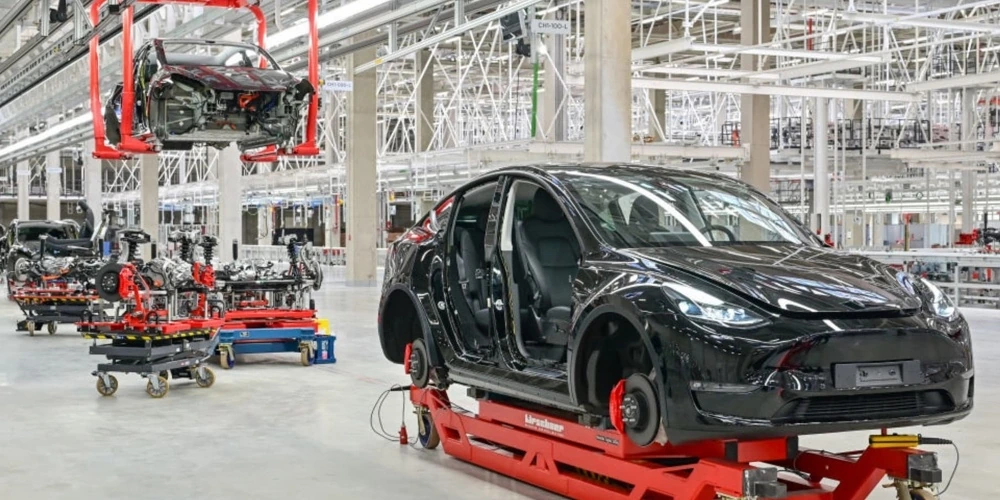Despite the significant efforts being made by the European eMobility sector to achieve greater autonomy in the international market, it remains highly dependent on supplies, primarily from China.
From the acquisition of components and raw materials for manufacturing to the procurement of electric vehicles, among other aspects, Europe continues to be a major buyer of products and services from the Asian country.
However, this year could encounter another “supplier bottleneck,” similar to what happened during the Covid-19 pandemic.

This is explained by Juan Pablo Gómez, General Director of Certysol, in dialogue with Mobility Portal Europe.
It’s worth noting that the manufacturing of an EV involves around 300,000 parts, and the lack of just one can disrupt the entire production chain.
Since 2020, there has been a widespread crisis in the procurement of supplies for the production of these cars, reaching its peak in 2021 with the record of the greatest worldwide shortage.
Despite the negative outlook, the industry continues to make significant investments in the field of electric mobility, and the transition is still underway.
Regarding China, over the past few years, there have been several temporary closures in factories producing various supplies, motivated by issues related to the pandemic.
Now, the challenge that the European market could face in obtaining supplies from the Asian country is linked to the conflict in the Red Sea. This could also lead to an energy crisis.
Attacks on maritime traffic in this area by the Houthi militia from Yemen are generating new instability in the economy, which has barely recovered from the impact of the pandemic.
In the early part of this year, Houthi rebels have already attacked more than 20 ships in the Red Sea and the Gulf of Aden.
This phenomenon is a collateral effect of the war between Israel and Hamas.
In this context, companies like Maersk have announced the indefinite suspension of their vessels’ transit through this route due to “the security risk remaining at a significantly high level.”
Other international shipping companies are also diverting their vessels around the Cape of Good Hope in South Africa. This means longer and more expensive routes.
30 per cent of the world’s maritime trade passes through the Red Sea, including 12 per cent of oil maritime trade and 8 per cent of global LNG trade.
This is mentioned in a joint statement by the governments of the United States, Australia, Bahrain, Belgium, Canada, Denmark, Germany, Italy, Japan, the Netherlands, New Zealand, South Korea, Singapore, and the United Kingdom.
Read more: Tesla halts production in Germany amid Red Sea Conflicts
These attacks have raised maritime transportation costs by 300 per cent.
“This will result in a cost increase that will become increasingly evident in the transportation costs of goods,” says Gómez.
However, for now, the impact on the global economy has been limited.
Nevertheless, the longer the crisis persists, the more serious the effects on global logistics and supply chains will be.
And it is also inevitable that final prices will rise.
It is important to highlight that if the European industry is enduring this situation as it is, it is also thanks to the lessons learned during the health crisis.
Currently, most EU companies and manufacturers are stocking up to avoid running out of products.
In the sector, there is doubt about whether the crisis in the Red Sea will trigger the same effects observed in the supply chain during the pandemic.
“Let’s hope it doesn’t escalate further, and we can have a good and steady supply in this explosive growth that both charging points and electric cars are experiencing,” comments the CEO of Certysol to Mobility Portal Europe.








